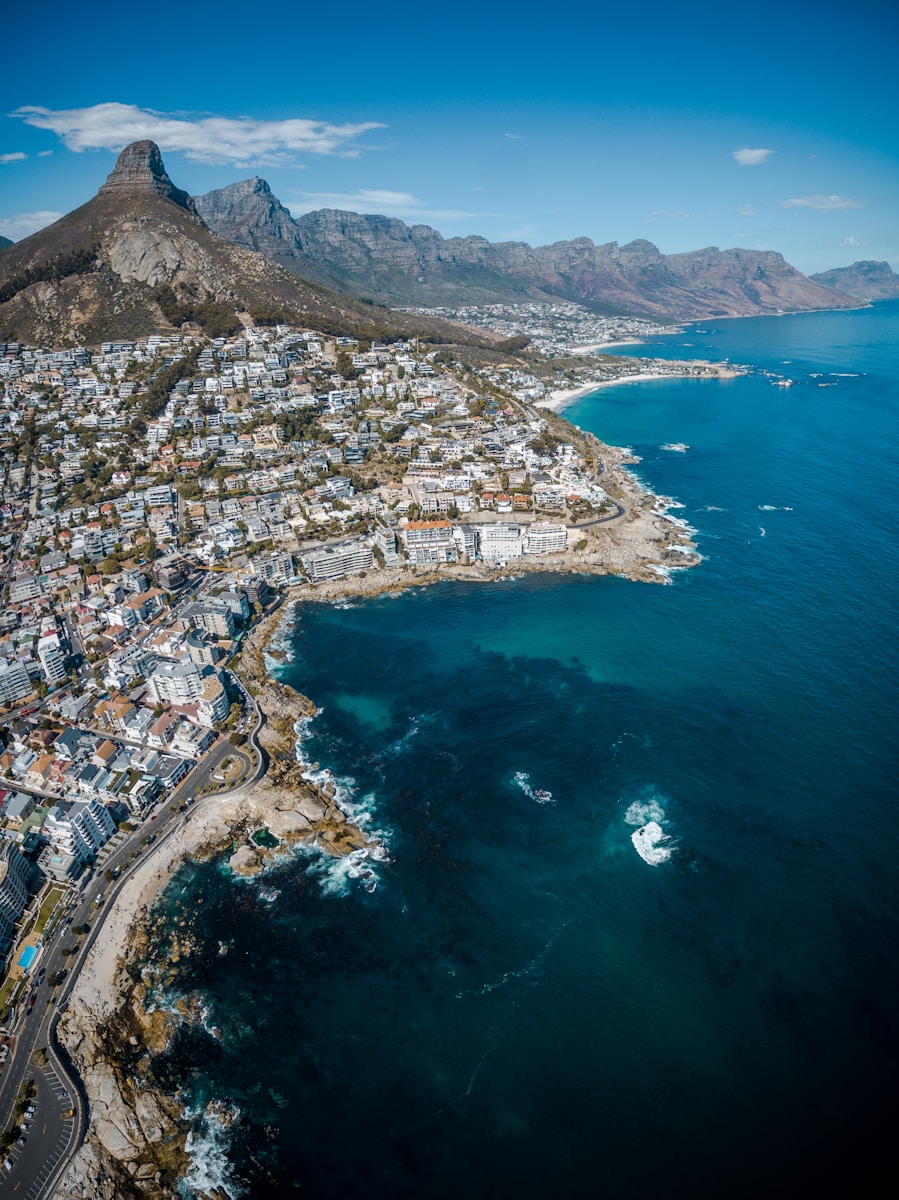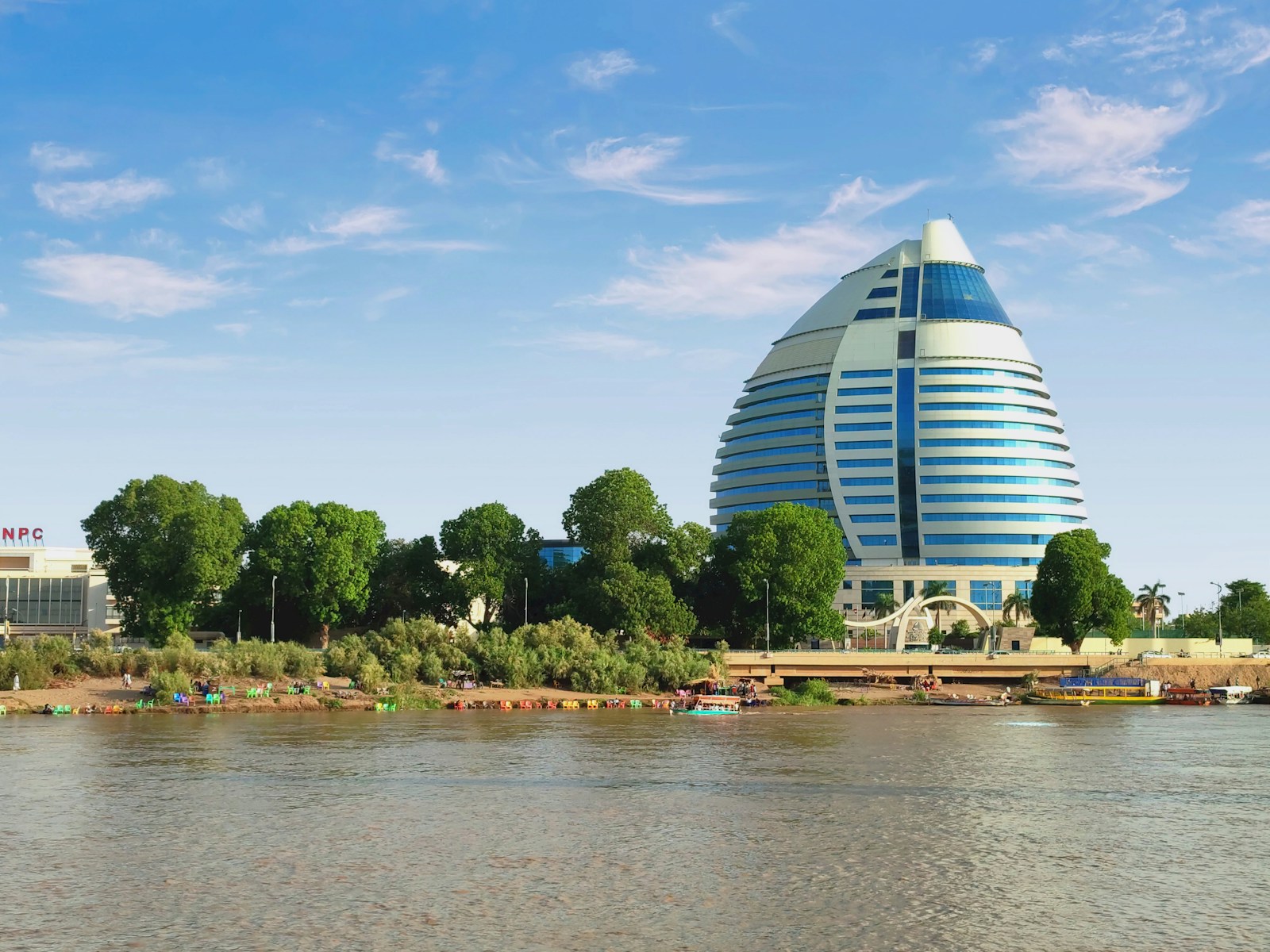Why Middle Powers Must Rise: Rescuing the G20 and Reinforcing Global Cooperation
Why Middle Powers Must Rise: Rescuing the G20 and Reinforcing Global Cooperation
In an era marked by fracturing international alliances and growing geopolitical tensions, the G20 finds itself at a crossroads. Once an emblem of collective leadership in confronting global challenges—from economic crises to climate change—it now appears weakened and indecisive. The expectations on superpowers are high, but their internal distractions and strategic rivalries have left a leadership void. In light of this, middle powers must seize the moment. These nations—capable, respected, and often bridging divides—are uniquely positioned to act as stabilizers in a shaken multilateral system.
The Imperative for Middle Power Leadership
Middle powers, such as Canada, Australia, South Korea, the Netherlands, and others like them, wield a combination of diplomatic credibility, economic relevance, and flexible alignments. They may not hold the clout of superpowers, but their ability to convene, negotiate, and propose creative solutions is exactly what’s needed. As trust in large powers erodes or becomes conditional, these states can provide a neutral ground where cooperation remains possible.
Reviving the G20’s Relevance
The G20 retains potential as the premier forum for economic coordination and global agenda-setting. But to reclaim its vitality, it must pivot from summit theater back to practical collaboration. Middle powers can push for and lead initiatives in:
- Inclusive economic recovery: Championing debt relief packages, especially for vulnerable emerging economies, and promoting equitable vaccine distribution.
- Climate and energy transformation: Spearheading renewable energy transitions, incentivizing green bonds, and accelerating clean-technology diffusion across borders.
- Health security: Establishing transparent global health data-sharing and reinforcing early-warning systems to preempt future pandemics.
- Digital governance and data ethics: Setting international norms around AI, cyber resilience, and digital privacy to balance innovation with accountability.
Strategic Advantages of Middle Power Coordination
By taking the initiative, middle powers enjoy several strategic edges:
- Trustworthiness: They are not always seen through the lens of strategic competition, which makes them trusted mediators in divisive environments.
- Coalition-building: Sharing regional concerns with both advanced economies and developing nations, they can tailor inclusive, effective coalitions.
- Flexibility: Without an overriding ideological or zero-sum stance, they can pivot between differing camps and defuse friction.
- Institutional credibility: Their reputations for rule-of-law and adherence to international norms lend legitimacy to any initiative they champion.
Concrete Actions for Middle Powers
Translating influence into impact requires deliberate, actionable steps:
- Pooled leadership in G20 troikas: When it’s their turn to rotate into G20 presidency groupings, middle powers should propose focused agendas—e.g., “Sustainable Recovery,” “Global Health Stability,” or “Digital Equity.”
- Regional frameworks as incubators: Use forums like APEC, ASEAN+3, or EFTA to pilot cooperative solutions that can later scale to global platforms.
- Strategic partnerships with civil society: Collaborate with firms, universities, and NGOs to bring innovative ideas, data, and public legitimacy to policy proposals.
- Public diplomacy campaigns: Engage citizens through clear, consistent messaging about the benefits of multilateralism—reinforcing that global cooperation ultimately supports local wellbeing.
Overcoming Obstacles
No leadership role comes without hurdles. Middle powers must navigate:
- Resource limits: Though capable, their administrative and diplomatic bandwidth is more constrained than that of superpowers—requiring smart, focused deployments.
- Perception risks: There’s a fine line between being a neutral facilitator and inadvertently aligning with one bloc or another. They must stay credible across divides.
- Superpower resistance: Some major powers may perceive middle power initiative as encroachment. Success depends on framing proposals as supplemental, not substitutionary.
Why It Matters for Global Stability
The multilateral order has frayed. Trade rules are being rewritten in bilateral agreements, climate accords are under pressure, and pandemic responses were often siloed and competitive. At a moment when global interdependence is rising—through supply chains, migration, and technology—the absence of cooperative frameworks increases risks across the board.
Middle powers’ proactive engagement could offer a lifeline. By facilitating agreements that are both pragmatic and inclusive, they subcontract stability back to the global community—reviving institutions like the G20 as effective mechanisms, not symbolic venues.
Conclusion
As entrenched divisions strain global institutions, middle powers must rise to the occasion. Their credibility, adaptability, and regional insights equip them to inject fresh momentum into the G20 and the broader multilateral order. By championing targeted, credible initiatives in areas like economic recovery, climate, health, and digital governance—and by forging coalitions across regions—they can help restore trust in collective solutions. The alternative is a fragmented world where global progress stalls. Middle powers must not wait—they are the bridge-builders the world needs.
For more news: https://africatrademonitor.com/
External Links: https://www.dailymaverick.co.za/opinionista/2025-08-09-middle-powers-must-step-up-to-salvage-g20-and-the-fragile-multilateral-order/




